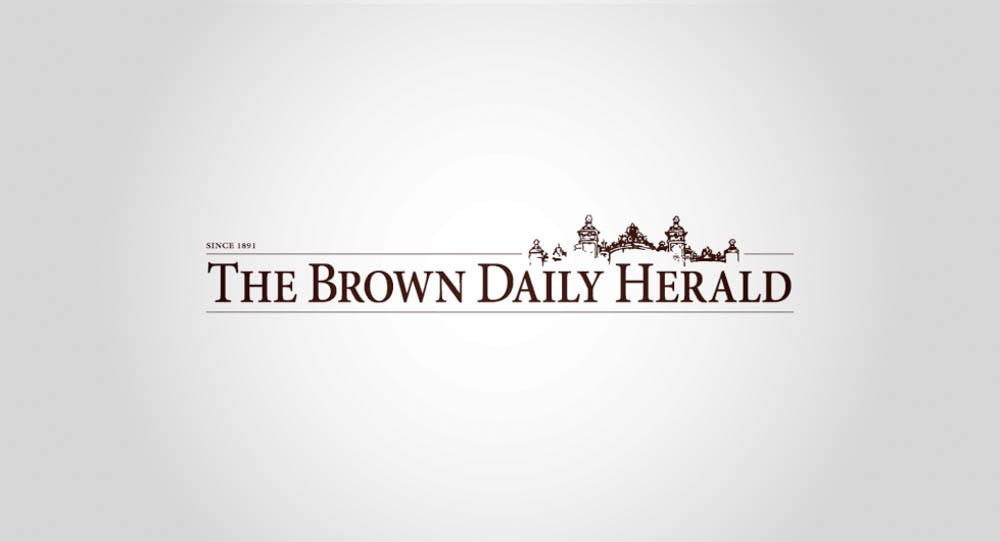In a March 12 letter, Jack Wrenn GS urged The Herald to consider creating a public editor position to increase transparency with readers. A public editor, Wrenn contends, would serve as a liaison between The Herald and its readership — hearing community concerns, explaining editorial policies and reporting on missteps in The Herald’s coverage. We appreciate the input from Wrenn and are grateful for the opportunity to reflect on how we can improve as a campus institution.
Because transparency is fundamental to The Herald’s daily operations, we, as an editorial board, are always looking for ways to strengthen our relationship with the community we serve. But we believe that implementing a public editor position at this time would compromise The Herald’s mission as a newspaper and teaching organization.
As a teaching organization, we understand that our staff members are not yet professionals; they are learning to be reporters and in this process, they are bound to make mistakes. A position that often requires publicly critiquing individual staffers risks discouraging students from continuing their work at The Herald. We must balance our desire to be transparent with the need to build an environment in which writers feel comfortable and motivated to learn from their missteps.
In the absence of a public editor, we seek to provide transparency in other ways. When our writers make mistakes, we work with them to run clarifications and corrections in print papers and at the end of their online stories. Within our newsroom, The Herald has a strict conflict of interest policy: when such conflicts arise, our editors and reporters must recuse themselves from coverage. As a result, our reporters cannot interview or edit the words of their family members, friends, professors or employers. They also cannot accept gifts from the sources that they cover. Additionally, we welcome all of our readers to submit letters and op-eds in response to our coverage, which encourages us to think critically about our stories.
Publications throughout the nation are also grappling with questions of transparency and the usefulness of public editors. Many, including the New York Times and Washington Post, have chosen to eliminate the position in recent years. According to a 2015 Politico report, only about 20 U.S. news outlets employ public editors. While there are multiple factors contributing to the position’s decline, representatives for major outlets have argued that reporters and editors must absorb the responsibility to be transparent. “Our responsibility is to empower all of those watchdogs, and to listen to them, rather than to channel their voice through a single office,” former Times publisher Arthur Sulzberger Jr. P ’04 said in a statement.
Ultimately, strengthening The Herald’s accountability and transparency is an ongoing conversation in our newsroom — one we expect will evolve with time. We urge our readers to reach out with tips, suggestions and critiques. As always, you can reach the editorial board at herald@browndailyherald.com and 129@browndailyherald.com.
Editors' Notes are written by The Herald’s 129th Editorial Board: Emily Davies ’19.5, Priyanka Podugu ’20, Anna Kramer ’20, Anita Sheih ’20, Sarah Wang ’20





